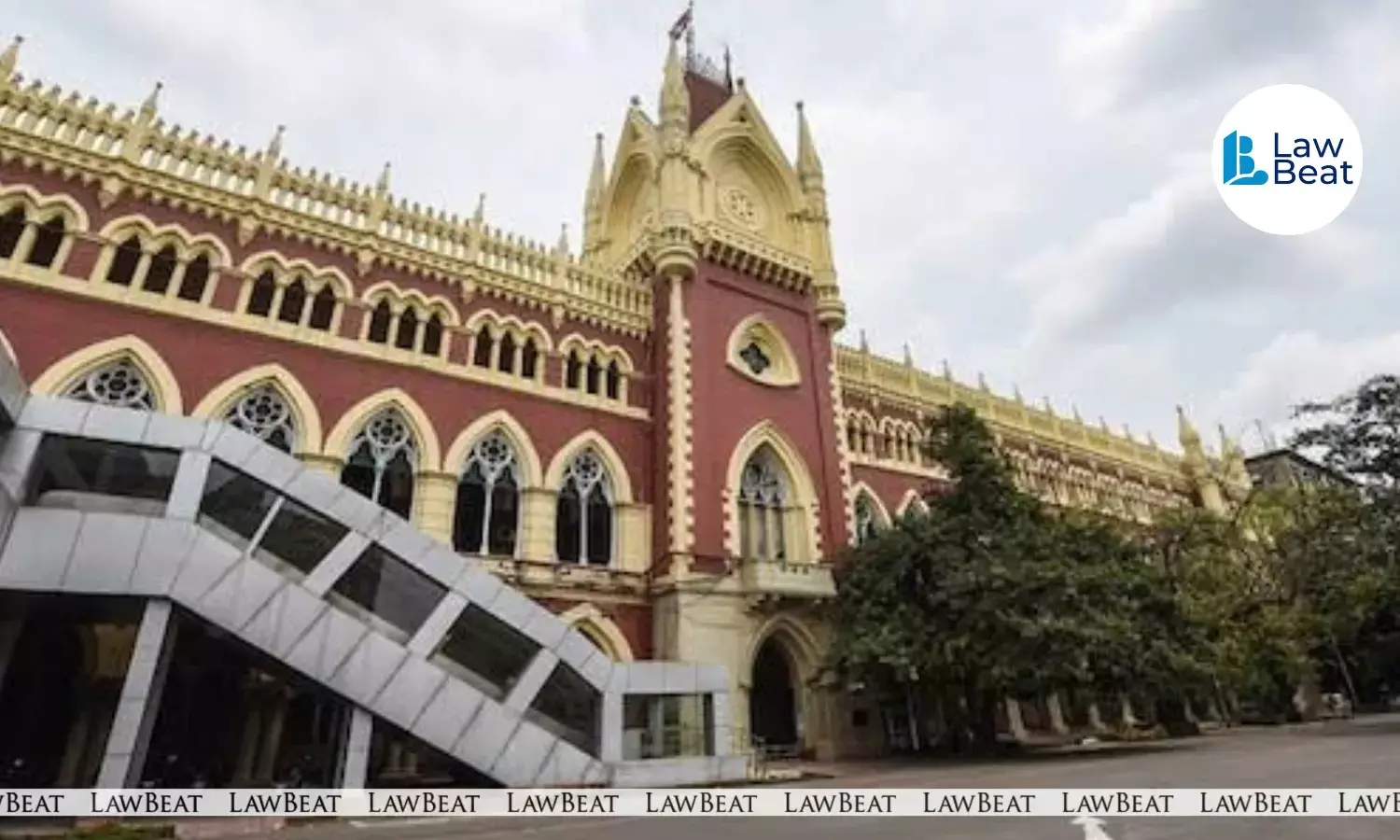Calcutta High Court Acquits Three on Death Row for Woman’s Murder and Mutilation

The Calcutta High Court has acquitted three individuals who were earlier sentenced to death for the brutal killing and dismemberment of a woman, citing grave inconsistencies in the prosecution’s case and a failure to establish guilt beyond reasonable doubt.
A division bench of Justices Debangsu Basak and Md. Shabbar Rashidi, while hearing the death reference and appeals, set aside the 2019 conviction of Surajit Deb, his partner Lipika Poddar, and alleged accomplice Sanjoy Biswas. The three had been found guilty by a trial court of murdering Surajit's estranged wife, Jayanti Deb, and disposing of her mutilated body in bags at Sealdah Railway Station.
On May 20, 2014, the police discovered a woman’s beheaded, limbless torso rolled in a quilt near the station. Her severed limbs and head were found packed separately in a trolley bag. A cash memo bearing the name "Jayanti Deb" led authorities to identify the victim and initiate an investigation that culminated in the trio's arrest.
Despite the sensational nature of the crime, the High Court found the prosecution's evidence to be largely circumstantial, fragmented, and legally unsustainable. Court highlighted that the accused were not shown to be present at the scene of the crime around the time of the murder, and that no eyewitnesses or corroborative testimonies placed them near the victim’s residence in Lake Town, where the alleged murder occurred.
Jayanti Deb and Surajit Deb had been married since 1994 and shared a daughter. They initially lived together in a Lake Town flat but parted ways due to marital discord. Surajit eventually moved out with their daughter and began living with Lipika Poddar. While the prosecution claimed that Surajit and Lipika plotted Jayanti's murder, no evidence placed them at the scene around the time of the incident.
Critically, court found that the only direct claim connecting the accused to the crime, a confessional statement by Sanjoy Biswas under Section 164 CrPC, was neither corroborated nor subjected to cross-examination. The statement, according to the bench, only addressed the disposal of the body, not the murder itself, and was made under alleged duress. “Such a statement can hardly be classified as a confession,” the court observed.
Further weakening the prosecution’s case was the failure to properly confront the accused during their examination under Section 313 CrPC with the evidence allegedly recovered at their instance. The high court also criticised the trial court's reliance on a “non-existent” theory of criminal conspiracy, noting that no evidence established any prior meeting of minds.
“The prosecution had hopelessly failed to bring home the charges beyond all reasonable doubts sufficient enough to secure conviction,” the bench held.
In light of these findings, the High Court rejected the reference for confirmation of the death sentence and ordered the immediate release of the accused, subject to furnishing bonds under Section 437A CrPC. The Correctional Home authorities were directed to record the cancellation of the death penalty in their records.
Case Title: State of West Bengal vs Surajit Deb and Others With Connected Matters
Judgment Date: July 17, 2025
Bench: Justices Debangsu Basak and Md. Shabbar Rashidi
